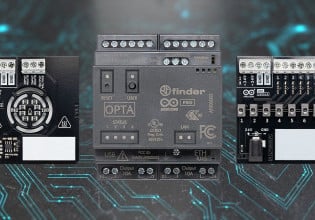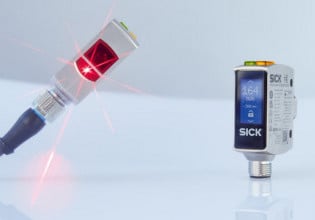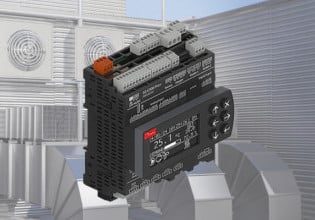P
I need to know what is the word size & packet size for modbus comm ??
How much data can a ML1400 Read in 1 scan for 25 devices??
how can i increase/decrease turnaround delay ?
Is there a way to speed up the comm ??
How much data can a ML1400 Read in 1 scan for 25 devices??
how can i increase/decrease turnaround delay ?
Is there a way to speed up the comm ??






